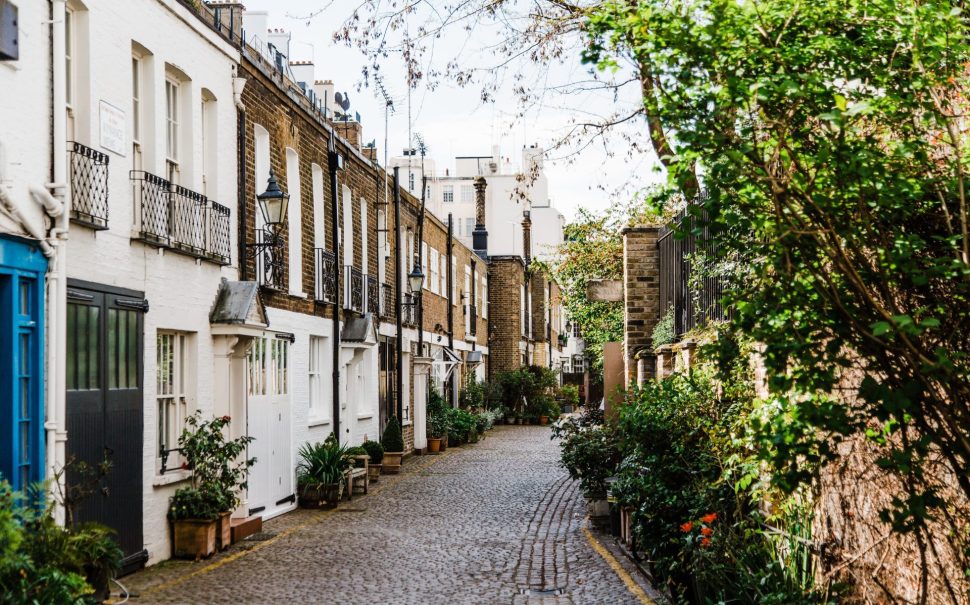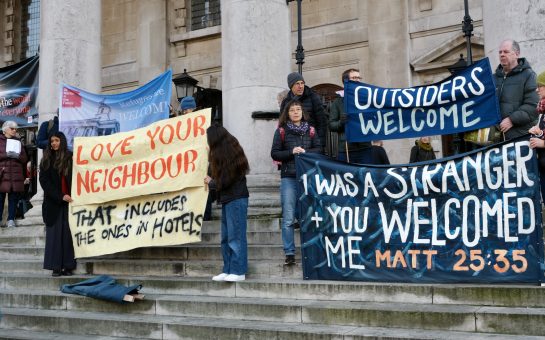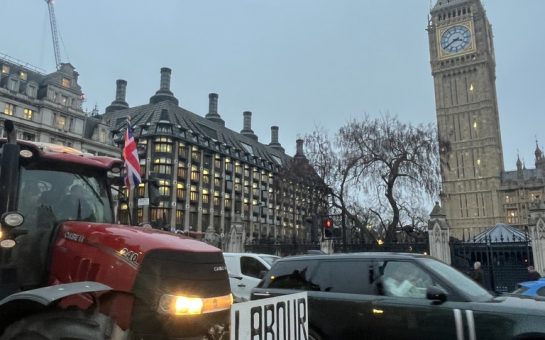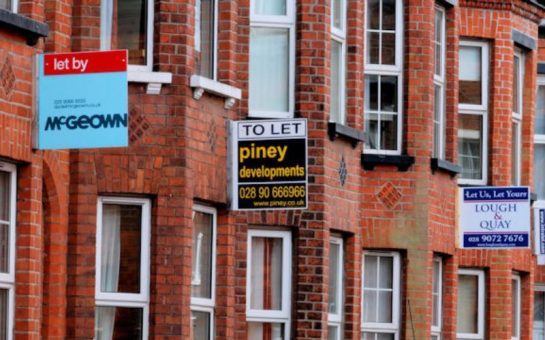Figures showing that almost one in 15 residences in London are on AirBnB have raised questions about whether the service should be restricted in the capital further, amid an ongoing housing crisis.
In some inner city boroughs like Westminster, Kensington and the City of London, between five and seven percent of all properties are listed on AirBnB, the short-term renting platform founded in 2008.
Calls for further restrictions and regulation come following legislation in New York City to severely curtail the use of the service as the city deals with a housing crisis similar to London’s own.
A spokesperson for the Mayor of London, said: “The Mayor is doing all he can to tackle the housing crisis in London, building a record number of the genuinely affordable, high-quality homes that Londoners deserve.
“Unfortunately, these efforts will continue to be undermined as long as tens of thousands of properties are lost to an unregulated short-term letting market.”
New York’s legislation, Local Law 18, was passed in January 2022, requiring short-term rental hosts to register with the NYC Mayor’s Office and banning unregistered accommodation from having their payments processed.
AirBnB described the law, which came into effect in early September, as a “de facto ban”.
Other capital cities have followed suit as Barcelona, Amsterdam and Paris all have forms of licensing scheme in place, with Portugal banning all new AirBnBs earlier this year.
In the UK, Edinburgh Council has also taken measures to limit the number of short term lets on platforms like AirBnB.
Properties in London can only be let for 90 nights a year on a short term notice, but as platforms will not share their listing information, property managers can hop between platforms or ignore the ban entirely.
There are currently 54,576 listings on AirBnB in London for whole unit accommodations, rising to 87,947 when including rentable rooms.
This does not include lettings on other short term let sites like Booking.com, Expedia and Vrbo.
Dr Anna Minton, Reader in Architecture at the University of East London (UEL) and author of the 2017 book Big Capital: Who Is London For? claims AirBnBs now operated by large management companies rather than single proprietors are contributing to the housing crisis and flouting the law using property management platforms.
Whilst most AirBnB hosts have just one listing, many have over 10, building large empires of AirBnBs that remove housing from the market.
As data can be hard to procure, Inside AirBnB, a project of academics and activists, have had to scrape it from the platform.

With interest rates the highest they have been since 1990s, the belief is that the housing crisis will worsen in London as people struggle to afford new, higher mortgages.
Dr Minton said: “It’s just hard to know how much worse it can get because it’s already so bad and it’s affecting every level, from relatively affluent homeowners to people on local housing allowance and who are being evicted from their homes all the time.
“So it’s affecting everybody and with interest rates rising and people coming off their mortgages every month, it’s just an enormous, enormous issue.”
Reforming the housing market has cross-aisle support, with Michael Gove, Secretary of State for Levelling Up, Housing and Communities seeking to include broad-ranging renting reforms in this years King’s Speech.
Max Anderson, Associate Fellow at Bright Blue, the centre-right think tank said: “AirBnB is a delicate challenge for the Government. On the one hand, it is a popular and cheap way for many young people to enjoy holidays despite the rising cost of living.
“However, as we are already seeing the impact of short term lets on rental prices, particularly in inner London, some form of action will need to be taken.”
There are other changes that can be taken short of bans and further restrictions.
Dan Wilson Craw, Deputy Chief Executive of Generation Rent, an advocacy group for private renters wants to see the incentives around short-term lets fixed.
Craw said: “To ensure that there is a fairer balance and we encourage homes back into the residential market, holidays lets need to be licensed and London boroughs need powers to charge higher council tax on them.
“We also need the Treasury to remove mortgage interest tax relief from holiday lets, so landlords don’t have an incentive to kick out tenants in favour of tourists.”





Join the discussion